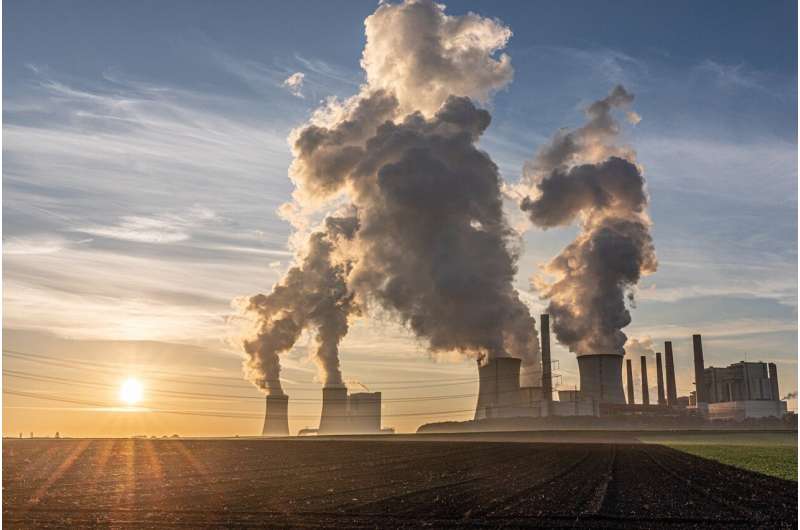Our world is facing two interconnected crises – the climate crisis and the care crisis. This article explores how addressing the undervaluing of care, both for people and the environment, is crucial for building a just and sustainable future. It highlights the need to rethink our economic systems to better account for the value of care work and the natural world. Climate change and care work are inextricably linked, and understanding this ‘care-climate nexus’ is key to tackling these challenges.

Connecting Climate Change and Care Work
The climate crisis and the care crisis are two sides of the same coin. Both stem from an economic paradigm that undervalues essential elements for human and environmental wellbeing.
Climate change is driven by the excessive exploitation of fossil fuels, deforestation, and unsustainable industrial processes – all of which are the result of development models that fail to account for the true cost to the environment. Similarly, the care crisis arises from a lack of investment in supporting the work needed to maintain livelihoods, raise children, and sustain communities.
Understanding the ‘care-climate nexus’ is crucial for addressing these interrelated challenges. Climate change disproportionately impacts those who are responsible for providing care, often women and marginalized groups, as it disrupts access to food, water, and other resources essential for sustaining livelihoods.
Rethinking Economic Value and Centering Care
Current economic indicators like Gross Domestic Product (GDP) place a high value on the exploitation of natural resources and the production of goods, while completely overlooking the vital work of care. This has led to the undervaluing of both nature and care work, with dire consequences.
The natural environment has been treated as a resource to be exploited, rather than as an integral part of a healthy, balanced ecosystem. The result is pollution, habitat destruction, and the loss of biodiversity. Similarly, unpaid care work, which is essential for supporting livelihoods and sustaining communities, is largely invisible in economic calculations.
Care work, which includes tasks like providing food, collecting water, and caring for the young, elderly, and ill, is often seen as ‘women’s work’ and is undervalued and under-resourced. This disproportionately impacts women and girls, limiting their opportunities for education and employment.
A shift in our economic paradigm is necessary to address these imbalances. By centering care and recognizing the true value of the natural environment, we can build more sustainable and equitable systems that promote the wellbeing of both people and the planet.
Significant investments in quality care, such as affordable and accessible childcare, can support climate adaptation and reduce the burden on those who carry out care work. Similarly, policies that protect the environment and promote sustainable practices can create a more resilient and just future for all.
A Call for Intersectional Climate Action
Climate change and care crises are not separate issues, but rather interconnected challenges that disproportionately impact marginalized communities. Women, particularly in the Global South, often bear the brunt of these crises, as they are more likely to be responsible for care work and to have their livelihoods disrupted by environmental degradation.
Address the care-climate nexus requires an intersectional approach that recognizes the diverse experiences and needs of different communities. Climate action must go beyond just reducing greenhouse gas emissions and building resilient infrastructure; it must also prioritize investing in care systems that support those most vulnerable to the impacts of climate change.
By placing care at the heart of climate policy, we can create more equitable and sustainable solutions that benefit both people and the planet. This is a crucial step towards a just transition that ensures no one is left behind as we work to build a more resilient and regenerative future.
